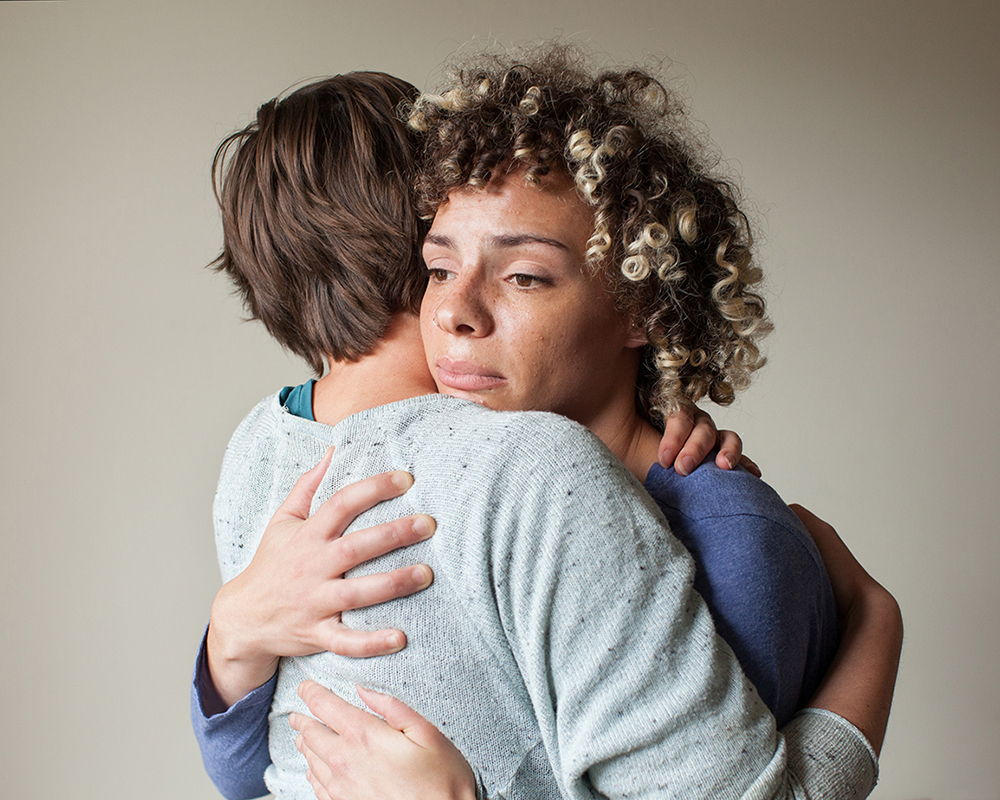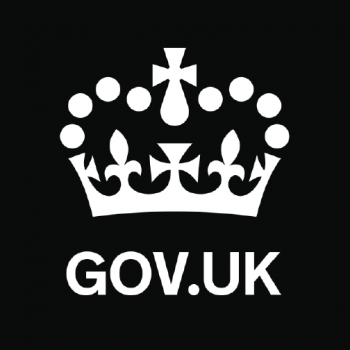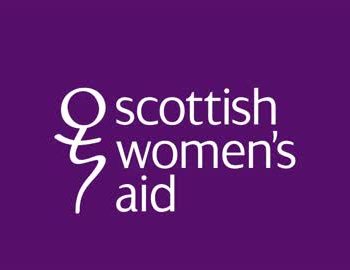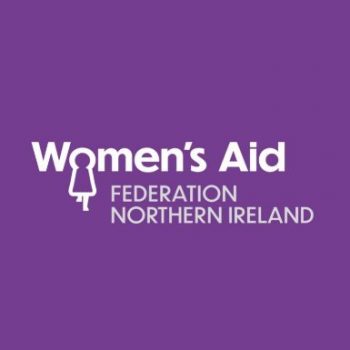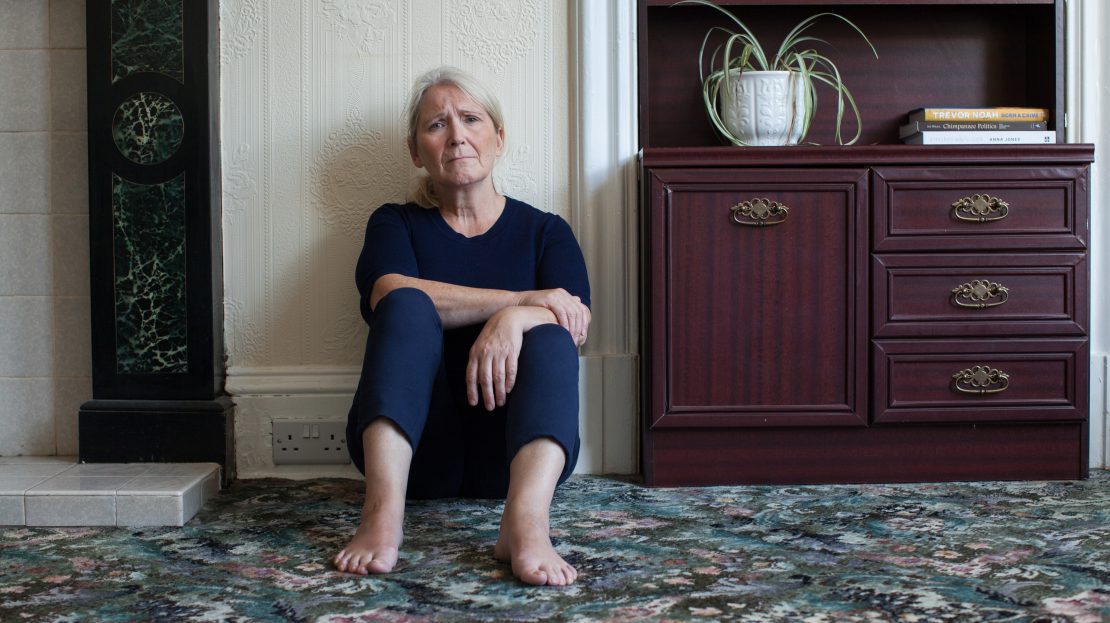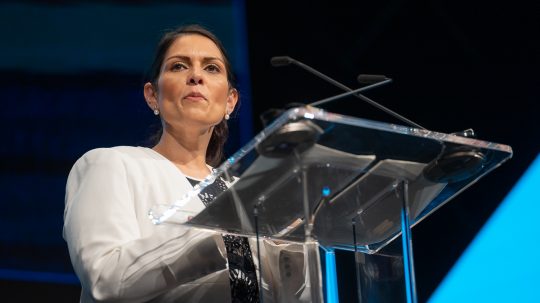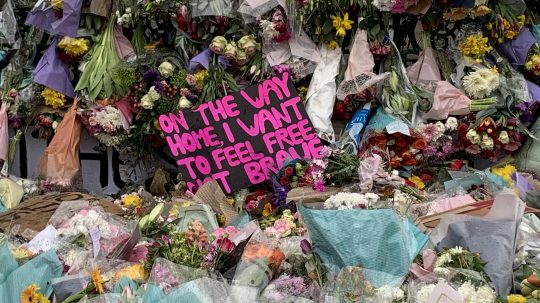TRIGGER WARNING: Please note that this piece includes language and themes of domestic, child abuse and sexual violence that some may find triggering.
This week, following the publication of the draft Victims Bill, experts and MPs have given evidence at a pre-legislative scrutiny hearing brought by the Justice Committee. While many welcome a Victims Bill and encourage a proposed Victims Law, concerns have been raised about whether the draft legislation will go far enough to protect and uphold the rights of all survivors and those affected by crime. We ask, does the Victims Bill protect children and will the Bill of Rights make it harder for survivors’ to invoke their rights?
According to the government, the draft Victims Bill sets out to:
- Amplify victims’ voices and make sure victims are at the heart of the criminal justice system;
- Improve support for victims to cope and recover from the impact of crime and enable them to engage with the criminal justice system;
- Strengthen transparency and oversight of criminal justice agencies at local and national levels so that victims’ experiences support them to engage, and remain engaged with, the criminal justice system.
The Ministry of Justice stated: “The legislation seeks to amplify victims’ voices, and places greater accountability on agencies such as the Crown Prosecution Service (CPS) and police for the service they provide to them.”
The Draft Bill doesn’t go far enough
In March 2022, Independent Commissioner, Dame Vera Baird QC published the Victims’ report. In a 98-page document, Baird outlined the changes needed to ensure criminal justice agencies support survivors and those affected by crime.
Baird stated: “I argue for repeat victims of anti-social behaviour to be provided within Victims’ Code rights and that the Code should include expanded rights to restorative justice. Similarly, I argue for Victims’ Code rights to be applied to those bereaved by murder and manslaughter abroad insofar as is possible. Furthermore, I advocate for increased rights for victims of mentally disordered offenders and bereaved families to access free legal representation and help for inquests.”
“There should also be a statutory right for victims to be given free legal representation in respect of demands made by police, prosecutors or courts that threaten their Article 8, Right to Privacy.”
The UK Information Commissioner, John Edwards, has called on the criminal justice sector to immediately stop collecting excessive amounts of personal information from victims of rape and serious sexual assault cases.
“Our investigation reveals an upsetting picture of how victims of rape and serious sexual assault feel treated. Victims are being treated as suspects, and people feel re-victimised by a system they expect to support them.”
The Information Commissioners Office (ICO) found that police in the UK have been asking victims to consent to hand over excessive amounts of personal data. Known in England and Wales as a ‘Stafford statement’, police can access survivors’ information that can include social service records, medical and even School records.
Edwards stated: “Change is required to rebuild the trust that will enable more victims to seek the justice to which they’re entitled. This work brings home why we do what we do at the ICO. This Opinion isn’t about data protection and data processing, it is about relationships, trust, human rights and human dignity.”
Police, CPS nor judges are required to be trained to meet the needs of those with communication difficulties
Currently, the Police, nor the CPS or Judges are required to undertake training on meeting the needs of victims of crime who may have communication difficulties. This is problematic because those who have different needs to undertake Achieving Best Evidence (ABE) interviews, give evidence in Court and understand the proceedings.
A report by The Local Government Association found that those with hidden disabilities are not receiving the support they need: “Hidden disabilities are difficult. We are hearing a lot from people who don’t really understand how their condition affects them in the Criminal Justice System context. In hindsight, they will recognise that they needed support but at the time, they may not recognise their needs”.
Children’s Commissioner calls for more support
In a pre-legislative scrutiny of the draft Victims Bill, Children’s Commissioner for England, Dame Rachel De Souza, called for the Victims Bill to treat children’s experiences as separate from adults. De Souza raised concern that the draft legislation refers to children ‘inconsistently’.
Children’s Commissioner for England, Dame Rachel De Souza, giving evidence at the pre-legislative scrutiny of the draft Victims Bill during the Justice Committee meeting on 14 June 2022.
De Souza stated before the Justice Committee: “I think it is critically important that we recognise that the needs of children are different to the needs of adults and their voices must be represented in this Bill. In particular, the definition is critical. Let me just give you this quote from a girl speaking to me.”
De Souza, re-calling the statement of a victim speaking to her, stated: “I was sexually assaulted when I was 14 and now suffer PTSD with regular panic attacks and feelings of depression. I tried to take my own life twice and when I rang my counsellor, I was told to take deep breaths and have a bath. I feel let down by the system that is meant to be there to help me..”
In a reflection, De Souza stated: “[However], children need to be at the heart of the Victims Bill. The specific and long-term trauma that children suffer as a result of poor experiences in the criminal justice system must be addressed. These are distinct from adults’ needs. The Bill must not fall short of recognising children’s experiences.”
“Specifically, I would like to see explicit reference to the role of Children and Young People’s Independent Sexual Violence Advisors (CHISVAs) and Children and Young People’s Independent Domestic Violence Advisors (CHIDVAs) in the delivery of support for child victims.”
Will the Bill of Rights impact the Victims Bill?
During a second evidence session held by the Justice Committee, Minister of State for Justice, Victoria Atkins MP was asked whether there is ‘tension’ between the Victims Bill and the now published Bill of Rights.
Minister of State for Justice, Victoria Atkins MP, giving evidence at the pre-legislative scrutiny of the draft Victims Bill during the Justice Committee meeting on 28 June 2022.
The example brought to her was that the survivors of John Worboys were able to invoke their conventional rights to bring action against the police for their failure to investigate.
Clause 15 of the Bill of Rights proposes a ‘permissions stage’ which would act as a filter to throw out certain cases before they even got started. The Bill states that no one is to be allowed to bring proceedings against a public authority unless they have sought and been granted permission from the court that the proceedings should be held. In addition to Clause 15, the Bill also proposes a threshold test which will incur additional costs for someone seeking access to justice.
When asked if the Bill of Rights could restrict people’s ability to invoke their human rights, which are currently protected under the Human Rights Act (HRA), Atkins stated:
“First of all, I welcome this scrutiny of the Bill of Rights, I know the Deputy Prime Minister does as well. First and foremost, the convention remains incorporated into domestic law. The Bill of Rights is about the framework and the structures around the convention and in the specific case of Worboys because I appreciate that activists and others have raised this.”
Atkins clarified that the priority should be that survivors should not have to re-live their trauma and be re-traumatised because of failure by authorities.
She stated: “My starting point is that we don’t want victims, first and foremost to have to go through the pain the distress of years and years of litigation in order to persuade or make the point that the police should do their job correctly in the first place.”
The Justice Committee proceeded to ask the panel to explain which laws survivors would invoke to seek justice, if authorities failed to investigate and if a Bill of Rights is to replace the HRA. Atkins stated that she would write to the Justice Committee on that.
As it stands, the Justice Committee, as stated during the evidence session, “are not satisfied” as to which laws a survivor of sexual violence would invoke under a Bill of Rights, if the police failed to investigate their case.
The Ministry of Justice has stated: “We are also publishing a wider package of measures that put victims firmly at the heart of the criminal justice system. These are set out in the Government’s response to the consultation “Delivering justice for victims – a consultation on improving victims’ experiences of the justice system”.
Visit EachOther’s website throughout this week for more coverage of domestic abuse and sexual violence as they relate to our rights in the UK.

